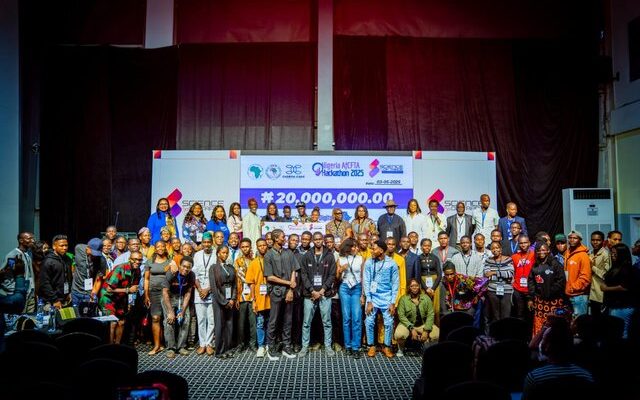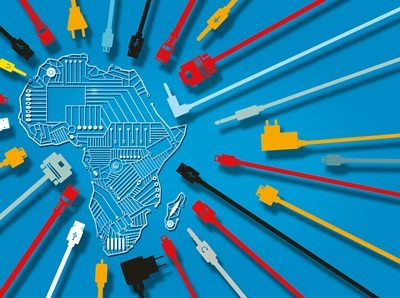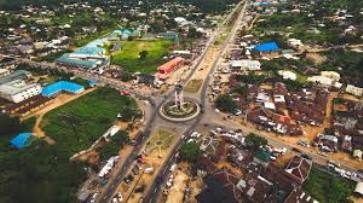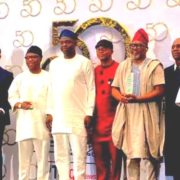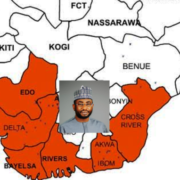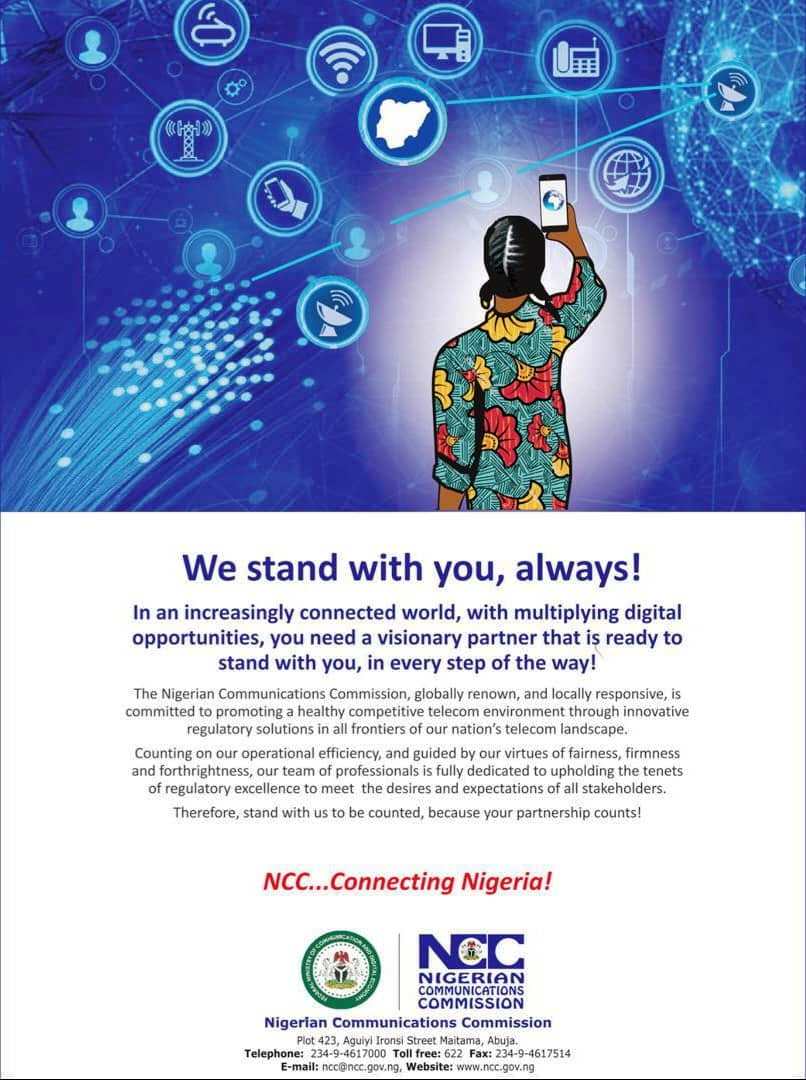At the Nigeria AfCFTA Hackathon 2025, Kashifu Inuwa Abdullahi emphasizes technology as a catalyst for inclusive trade, investment growth, and economic integration across Africa.
Delivering a keynote at the Nigeria AfCFTA Hackathon 2025, held during the Science of Trade Conference in Lagos, Kashifu Inuwa Abdullahi, Director General of the National Information Technology Development Agency (NITDA), highlighted how emerging technologies are transforming Africa’s trade and investment landscape.
RELATED: AfCFTA Protocol on digital trade: ECOWAS endorses regional e-commerce strategy to drive economic growth
Represented by Salisu Kaka, Director of the Digital Economy Development Department, Abdullahi underscored the role of digital innovation in boosting efficiency, promoting inclusion, and enabling sustainable economic growth across the continent.
AfCFTA Digital Trade Protocol: A Milestone for African Integration
Abdullahi lauded the recent African Union endorsement of the AfCFTA Digital Trade Protocol (2024) as a “pivotal milestone” for the continent. The Protocol aims to:
- Harmonize digital trade regulations
- Eliminate cross-border trade barriers
- Expand access to new digital markets
He described the African Continental Free Trade Area (AfCFTA) as the world’s largest free trade area, uniting over 1.4 billion people with a combined GDP of over $3 trillion.
“Nigeria, with a population exceeding 200 million and a thriving entrepreneurial base, is well-positioned to lead Africa’s digital transformation,” he asserted.
Technology Already Reshaping African Trade
Abdullahi emphasized how everyday technologies—from e-commerce to mobile payments—have already revolutionized trade.
“From Abuja, I can order, pay for, and receive goods online. That’s the seamlessness digital tools offer today,” he noted.
He explained that while global commerce is rapidly digitizing, many African trade systems still suffer from outdated processes, bureaucratic delays, and logistical inefficiencies. However, tools like:
- Blockchain
- Artificial Intelligence (AI)
- Internet of Things (IoT)
- Digital platforms
are helping modernize operations and facilitate faster, more transparent trade.
Nigeria’s Customs Automation Model Sets Benchmark
Highlighting a success story, Abdullahi cited the Nigeria Customs Service’s transition to NICIS II (Nigeria Integrated Customs Information System), which automated declarations, cargo tracking, and risk assessments—boosting revenue by 238% between 2017 and 2023.
He further noted the Unified Customs Management System, launched in December 2024, has already generated ₦31 billion, illustrating Nigeria’s leadership in digital trade facilitation.
Hackathon to Drive E-Commerce and MSME Inclusion
The Nigeria AfCFTA Hackathon 2025 is focused on five priority areas:
- Youth and MSME Inclusion
- E-Commerce Adoption
- E-Commerce Policy and Trust
- Digital Payments
- E-Commerce Regulatory Sandbox
Abdullahi expressed confidence that the Hackathon will yield scalable, tech-driven solutions to:
- Enhance cross-border digital trade
- Empower MSMEs and startups
- Simplify payment systems
- ]Strengthen Nigeria’s leadership in the AfCFTA digital economy
AfCFTA Coordination Office Reaffirms Commitment to Inclusive Innovation
In his welcome address, Dr. Olusegun Awolowo, National Coordinator of the Nigeria AfCFTA Coordination Office—represented by Olusegun Olutayo, a Senior Trade Policy Expert—described the Hackathon as a practical tool for implementing the Digital Trade Protocol.
He emphasized:
“Africa must collaborate to innovate. The AfCFTA is not just a trade agreement—it’s a blueprint for digital inclusion, economic resilience, and prosperity.”
Awolowo reaffirmed that a unified African market of over one billion people offers a once-in-a-generation opportunity for:
- Intra-African trade expansion
- Tech-enabled economic growth
- Investment in Africa’s digital future

